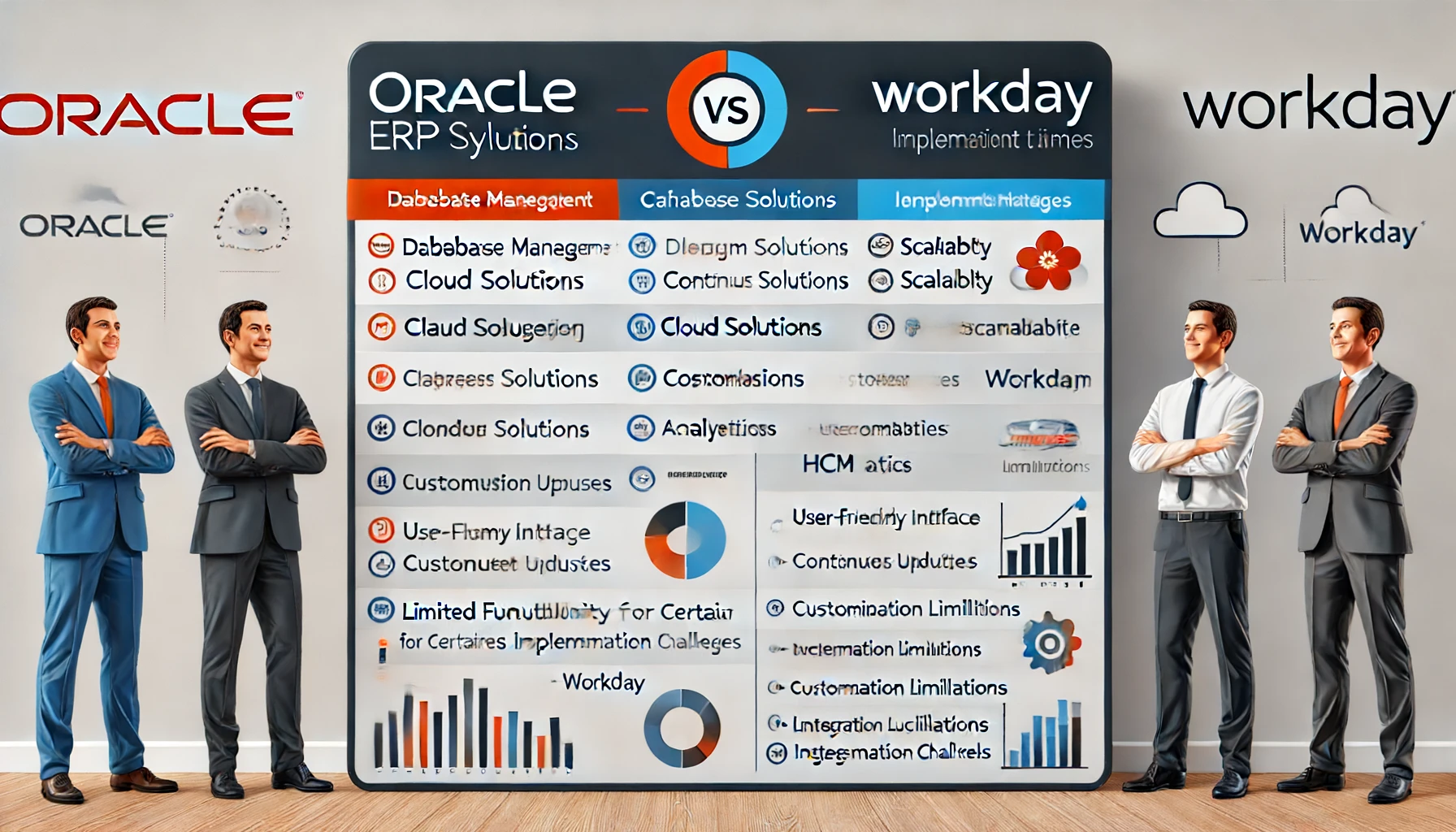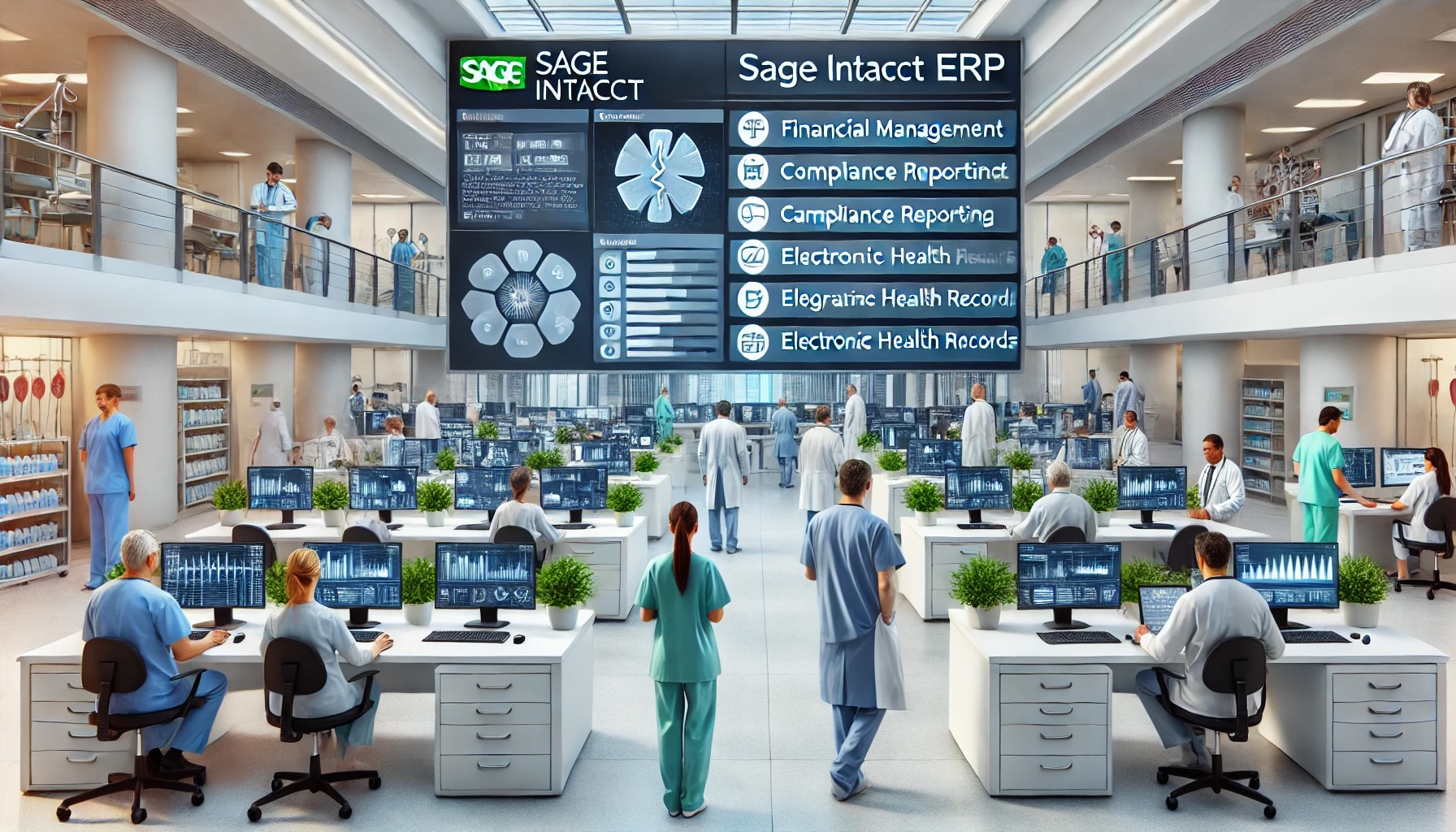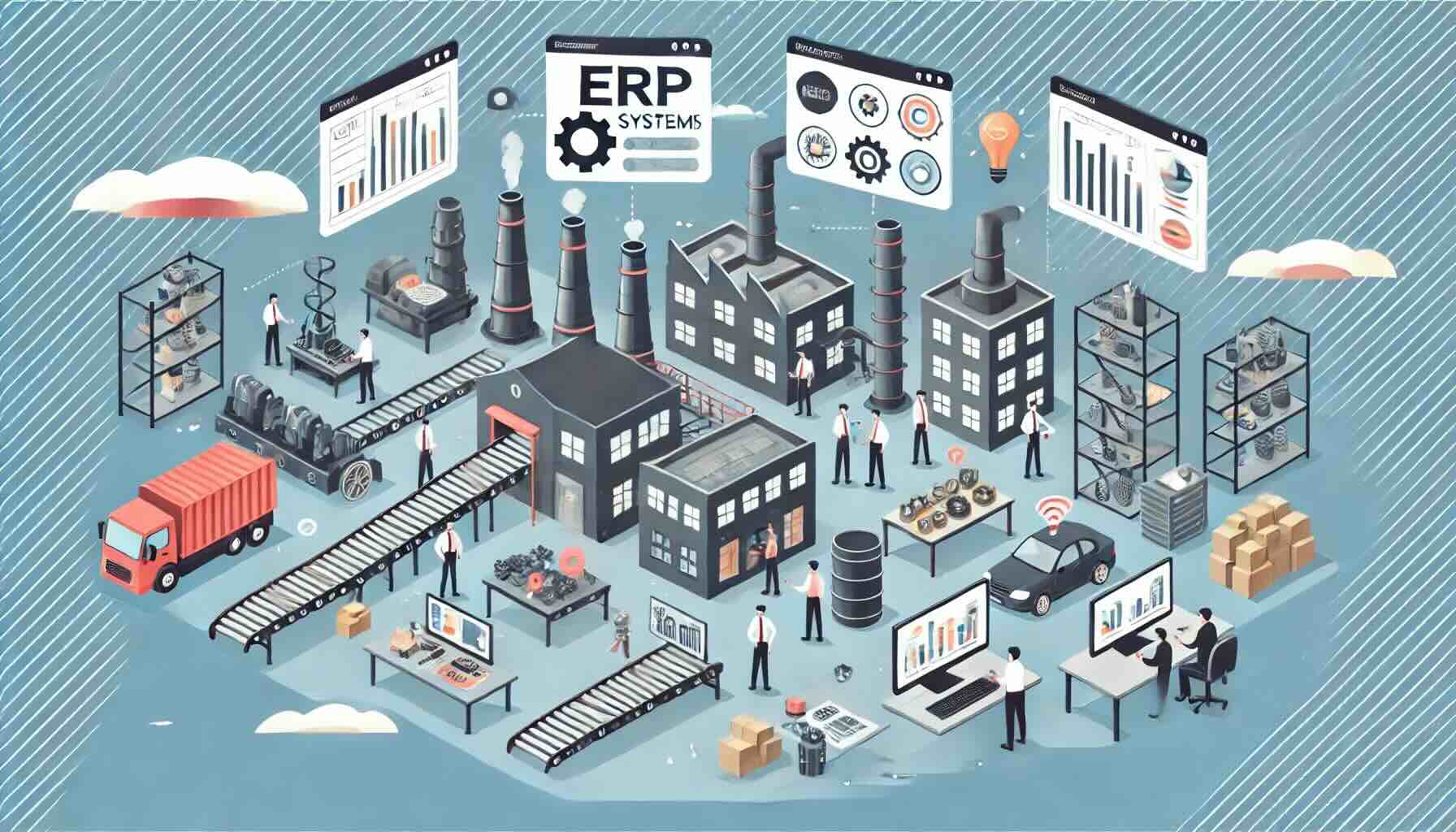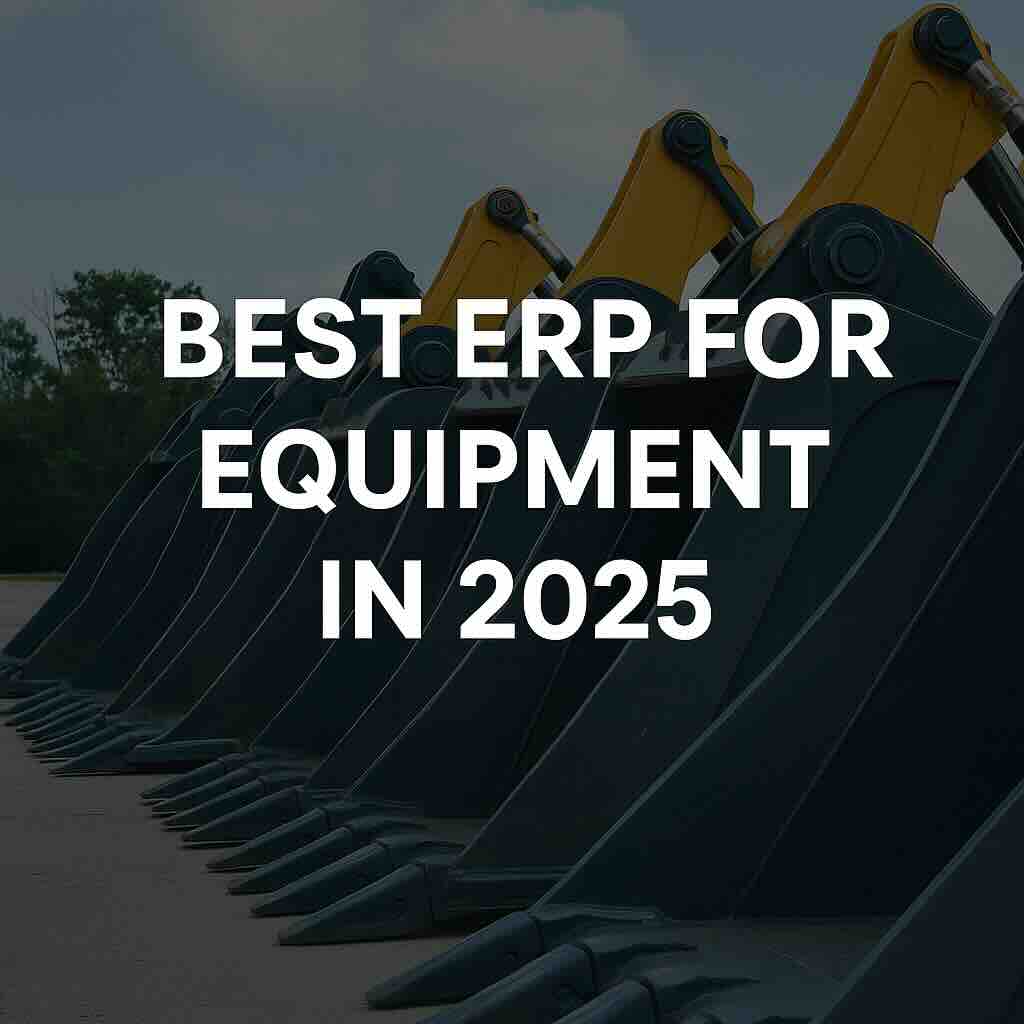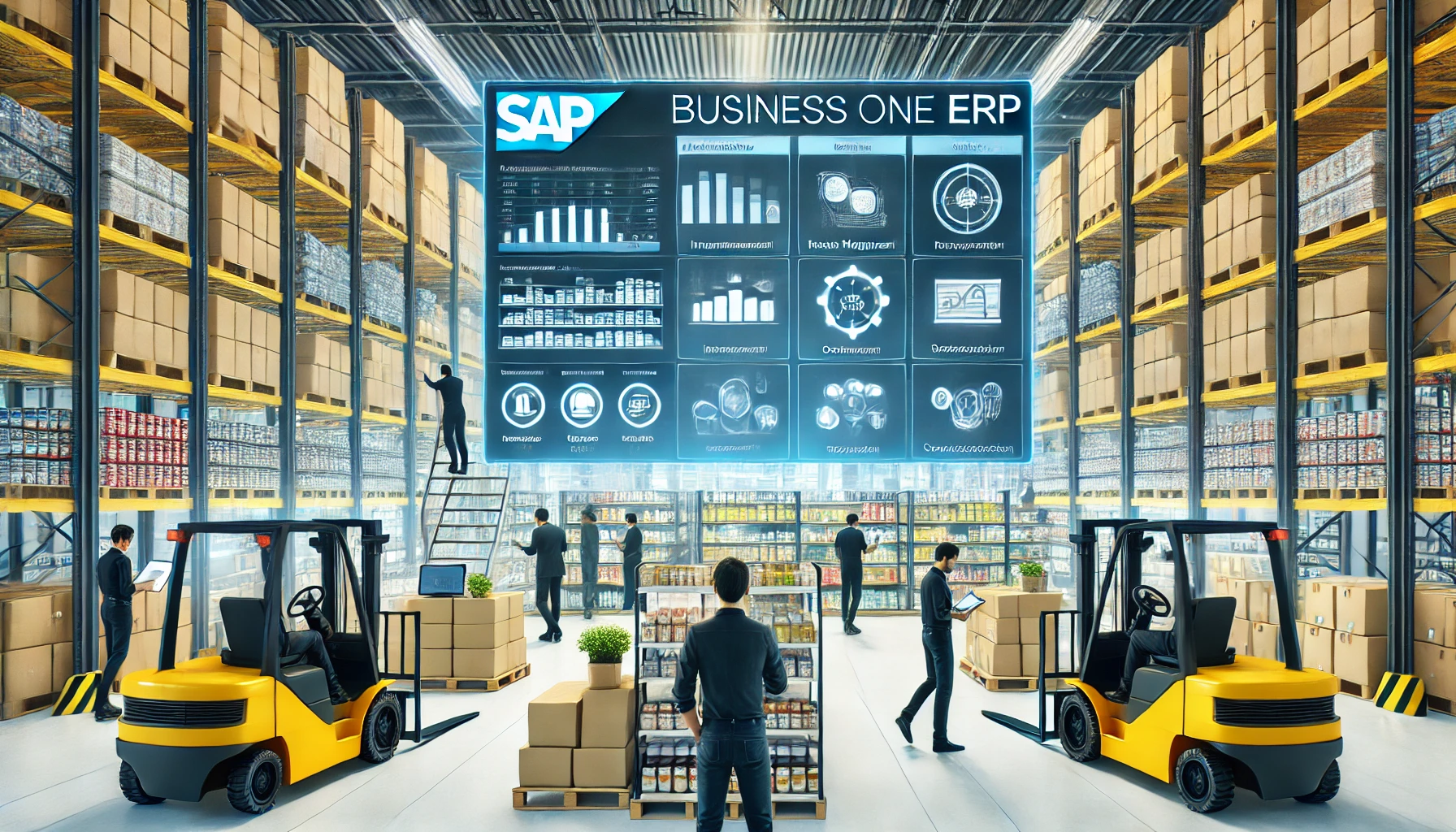Compare Top Finance Systems in Italy

In Italy, the demand for efficient financial management and operational streamlining has made Enterprise Resource Planning (ERP) systems a critical asset for businesses. ERP finance systems integrate accounting, compliance, and broader business processes, enabling companies to manage their operations holistically. This article compares the top ERP finance systems in Italy, highlighting their features, benefits, and suitability for different business needs.
1. SAP S/4HANA Finance
SAP S/4HANA is one of the most prominent ERP systems globally and in Italy. It combines advanced financial tools with enterprise resource planning to offer an integrated solution for complex business needs.
Key Features:
- Real-time analytics and financial forecasting.
- Automated compliance with international and Italian tax regulations.
- Advanced risk management and cash flow optimization.
- Integration across supply chain, procurement, and HR modules.
Pros:
- Highly scalable for large enterprises.
- Offers both cloud and on-premise deployment.
- Strong focus on automation and efficiency.
Cons:
- High implementation costs.
- Requires significant training for optimal use.
Ideal for: Large enterprises and multinational companies with complex financial and operational requirements.
To find out more about SAP S/4HANA click this link.
2. Oracle NetSuite ERP
Oracle NetSuite ERP is a popular cloud-based ERP system used extensively in Italy, offering comprehensive financial management tools alongside ERP functionalities.
Key Features:
- Multi-currency and global compliance capabilities.
- Budgeting, forecasting, and advanced reporting tools.
- Automated invoicing, accounts payable/receivable, and tax management.
- Integration with e-commerce, CRM, and other business operations.
Pros:
- User-friendly interface and modular design.
- Cloud-native platform ensures scalability and remote access.
- Real-time insights into business performance.
Cons:
- Limited customization compared to on-premise ERP systems.
- Subscription costs can increase with additional modules.
Ideal for: Medium-sized businesses and growing enterprises looking for a scalable, cloud-based ERP solution.
To find out more about Oracle NetSuite click this link.
3. Microsoft Dynamics 365 Finance
Microsoft Dynamics 365 Finance is a modern ERP solution designed to integrate seamlessly with other Microsoft tools, making it a favorite among businesses leveraging the Microsoft ecosystem.
Key Features:
- AI-powered financial insights and predictive analytics.
- Advanced budget management and cost control features.
- Integration with Microsoft Office 365 and Azure cloud services.
- Robust compliance tools for local and international regulations.
Pros:
- Highly customizable and scalable.
- Excellent cloud-based collaboration features.
- Strong reporting and data visualization capabilities.
Cons:
- Steeper learning curve for businesses new to Microsoft products.
- High initial costs for implementation and customization.
Ideal for: Businesses of all sizes that rely on Microsoft tools and require a flexible ERP finance system.
To find out more about Microsoft Dynamics click this link.
4. Infor CloudSuite Financials
Infor CloudSuite Financials is an innovative ERP system tailored for financial and operational efficiency. Its presence in Italy is notable among industries like manufacturing, retail, and logistics.
Key Features:
- Advanced general ledger and cash management tools.
- Industry-specific ERP modules for tailored solutions.
- Comprehensive financial planning and analytics.
- Cloud-based architecture with multi-device accessibility.
Pros:
- Strong focus on vertical industries.
- Flexible deployment options.
- Built-in compliance with Italian and EU regulations.
Cons:
- Limited third-party integrations compared to competitors.
- Higher costs for advanced modules.
Ideal for: Medium to large enterprises in industry-specific verticals requiring advanced ERP capabilities.
To find out more about Infor click this link.
5. IFS Applications
IFS Applications is a robust ERP system with a strong focus on financial management and operational integration. It is widely used in Italy’s manufacturing and service industries.
Key Features:
- Project-based financial tracking and accounting.
- Integration with supply chain and asset management.
- Customizable dashboards and reporting tools.
- Real-time monitoring of cash flow and budgets.
Pros:
- Highly customizable for industry-specific needs.
- Strong project and asset management capabilities.
- Cloud and on-premise deployment options.
Cons:
- Limited market presence compared to SAP and Oracle.
- Requires significant investment in training.
Ideal for: Project-based businesses and industries with complex asset management requirements.
To find out more about IFS click this link.
6. Workday Financial Management
Workday is a modern, cloud-based ERP system known for its innovative approach to finance and human capital management (HCM). Its adoption in Italy is growing among mid-sized and large organizations.
Key Features:
- Unified financial and HCM platform.
- Real-time analytics and reporting.
- Automated financial close and tax reporting.
- Multi-currency and multi-language support.
Pros:
- User-friendly interface with intuitive navigation.
- Strong focus on automation and real-time data.
- Seamless updates and scalability in the cloud.
Cons:
- Higher subscription costs.
- Limited industry-specific modules.
Ideal for: Mid-sized and large organizations looking for a unified financial and HR solution.
To find out more about Workday click this link.
7. SAP Business ByDesign
SAP Business ByDesign is a cloud-based ERP solution designed specifically for small and medium-sized businesses. It brings the power of SAP’s advanced technology to a more accessible platform.
Key Features:
- End-to-end business processes for finance, HR, and supply chain.
- Compliance with Italian and global tax standards.
- Real-time data and analytics tools.
- Mobile-friendly interfaces for remote management.
Pros:
- Scalable and cost-effective for smaller organizations.
- Easy to implement compared to SAP S/4HANA.
- Robust features tailored to SMEs.
Cons:
- Limited customization compared to larger SAP solutions.
- Not ideal for highly complex operations.
Ideal for: Small and medium-sized businesses that need an affordable ERP with strong financial tools.
To find out more about SAP Business ByDesign click this link.
How to Choose the Right ERP Finance System in Italy
When selecting an ERP finance system, consider these factors:
- Business Size and Industry: Large enterprises may prefer SAP or Oracle, while SMEs might benefit from SAP Business ByDesign or Infor.
- Scalability: Choose a solution that can grow with your business, such as Microsoft Dynamics or Oracle NetSuite.
- Regulatory Compliance: Italian businesses must prioritize compliance with local and EU financial regulations. Systems like TeamSystem and Infor are designed with this in mind.
- Budget: Balance your needs with your financial constraints. Cloud-based solutions like Workday or NetSuite offer flexibility, but costs may increase with additional features.
- Ease of Use: Systems like Microsoft Dynamics and SAP ByDesign are user-friendly and ideal for businesses without extensive IT expertise.
Conclusion
Italy’s financial ecosystem demands ERP systems that combine advanced financial management with broader operational integration. Whether you’re a multinational corporation or an SME, there’s an ERP solution designed to meet your specific needs. By evaluating your requirements and comparing features, you can select the ERP finance system that ensures compliance, efficiency, and scalability in the Italian market.
To compare these ERP finance systems and many more, you can use our new AI-powered Compare ERP tool. It’s free to use and you get a guaranteed discount on your first year’s licence fees with a referral from Compare ERP.


